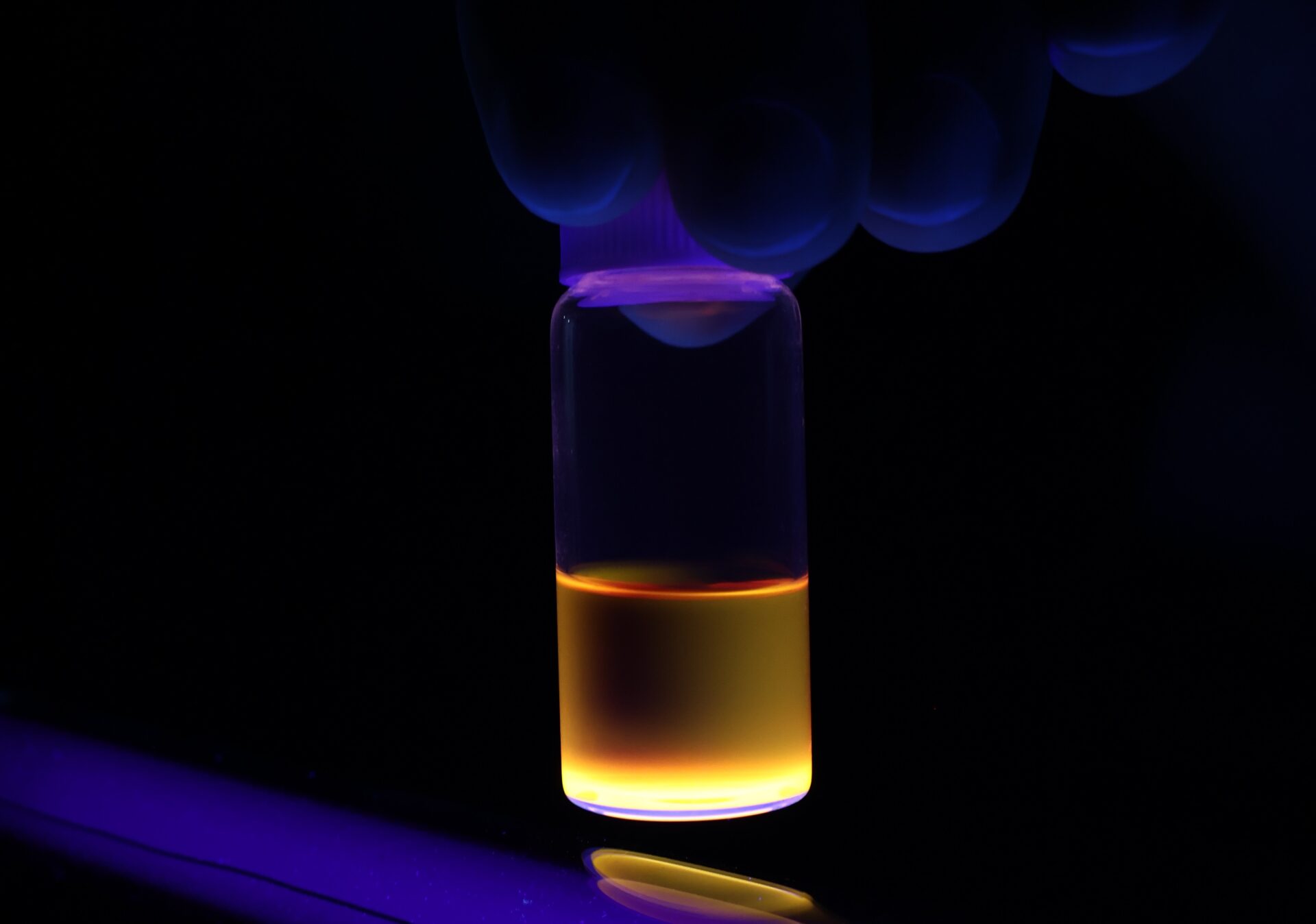
Scientists at The Scripps Research Institute (TSRI) have invented a set of chemical tools that is radically simplifying the creation of potential new drug compounds.
Pharmaceutical chemists frequently seek to generate dozens or even hundreds of variations of a given compound to see which works best. The new toolkit — described in the Nov. 28, 2012 issue of the journalNature — makes this process easier and cheaper, enabling previously time- and cost-prohibitive chemical modifications. This fundamental innovation is already being adopted by drug companies and is expected to speed the development of new compounds in other industries as well.
“Feedback from companies that have started to use this toolkit indicates that it solves a real problem for them by boosting their chemists’ productivity and by expanding the realm of compounds that they can feasibly generate,” said Phil S. Baran, PhD, a professor in the Department of Chemistry and a member of the Skaggs Institute for Chemical Biology at TSRI who led the work.
Robert Lees, PhD, of the National Institutes of Health’s National Institute of General Medical Sciences, which partially funded the work, added, “Methods to predictably, selectively and efficiently functionalize a given C-H site are difficult to invent but highly significant for developing new therapeutic and diagnostic agents, and studying biomolecules. Practical chemistry for introducing fluorine atoms into organic compounds is also an important current need in medicinal chemistry. The new reagents developed by Professor Baran address both goals, and they will likely be widely utilized in both academic and industrial laboratories.”
via Science Daily
The Latest Streaming News: Creation of Potential New Drugs updated minute-by-minute
Bookmark this page and come back often
Latest NEWS
Latest VIDEO








